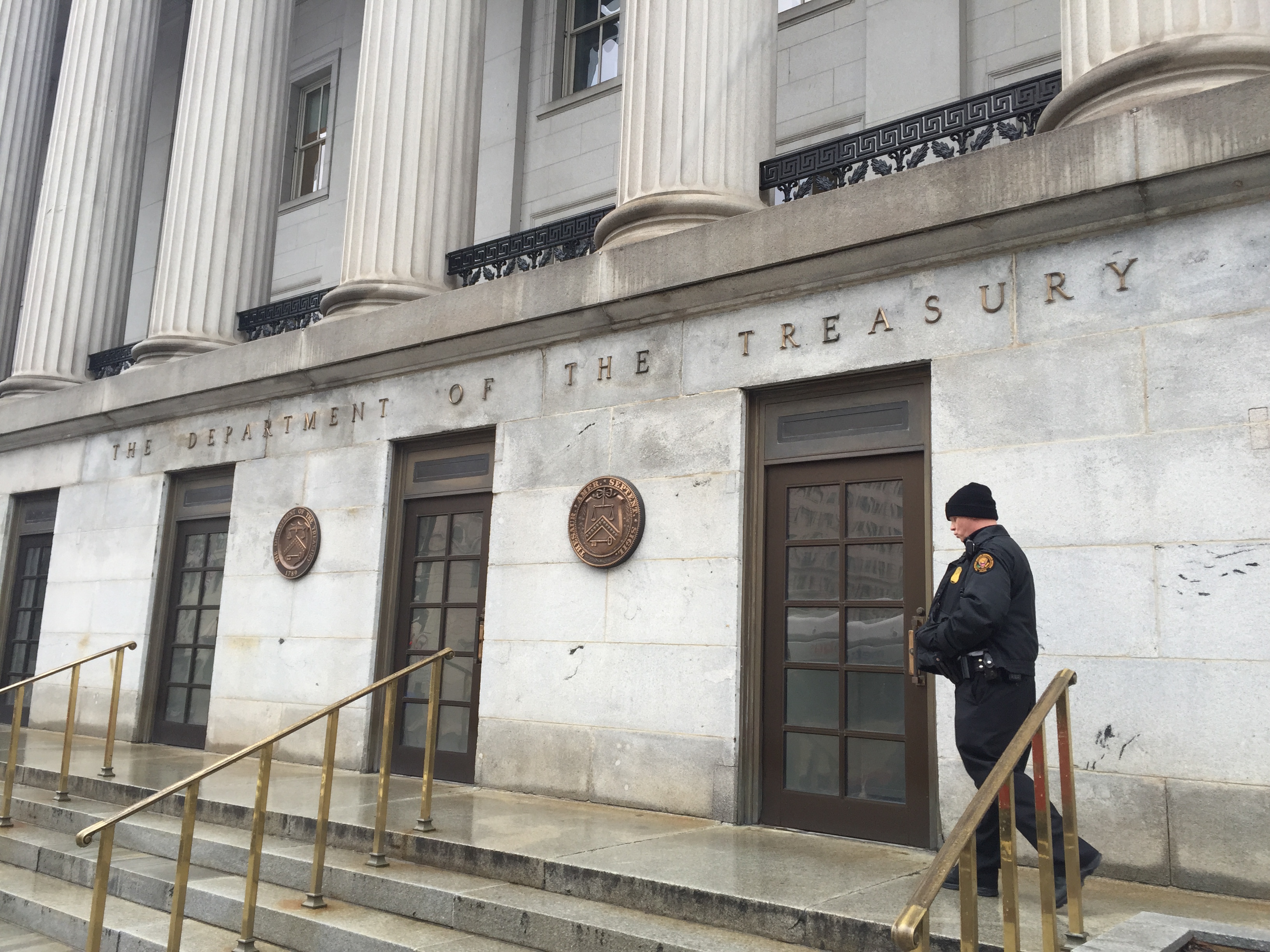WASHINGTON, April 3 — The China-backed Asian Infrastructure Investment Bank may be the latest sign that the largest holder of U.S. bonds is shifting away from holding American debt.
“I think it is fair to say that the money will go into AIIB will be on the margin of expense of the money that will go to invest in U.S. Treasuries,” said Stanley Sun, a U.S. rates strategy analyst at Nomura Securities International in New York.
China has almost $4 trillion in foreign exchange reserves, including $1.24 trillion in U.S. government bonds. Experts believe that about 60 to 70 percent of China’s foreign exchange reserves are U.S. dollar assets, including Freddie Mac and Fannie Mae bonds.
China is still the biggest holder of U.S. government bonds, but since November 2013, it has cut back about 6 percent of its holdings, according to the Treasury Department.
Experts say they don’t see a direct relationship between the founding of AIIB and China scaling back on U.S. treasuries, but “it has been well known that China is diversifying away from U.S. treasuries,” Sun said.
“Things are quietly shifting,” said Hao Hong, managing director of research at Bank of Communications International, one the leading banks in China.
Hong has written on his blog that China is going to gradually get rid of its traditional foreign exchange reserve management strategies, from purchasing U.S. treasuries to investing in infrastructure overseas.
In China’s State Council executive meeting late last year, Premier Li Keqiang showed the government’s willingness to utilize its foreign exchange reserves and his support for Chinese capital to “go out,” meaning investing abroad.
However, the U.S. capital market is the deepest and most reliable in the world, said David Dollar, senior fellow on foreign policy and global economy and development at Brookings Institution. “I would expect China to keep about two-thirds of its reserves in U.S. dollar instruments.”
He also noted the 6 percent cutback in holding U.S. Treasuries was a small change. China might just invest its money in other American assets.
The China-backed AIIB will invest in developing Asian countries that have much lower credit ratings than the U.S., which means the risk becomes higher.
“It’s all about risk and reward,” said Sun. “Although it will be riskier, the reward will also hopefully be larger as compared to zero-level U.S. government bond yields.”


